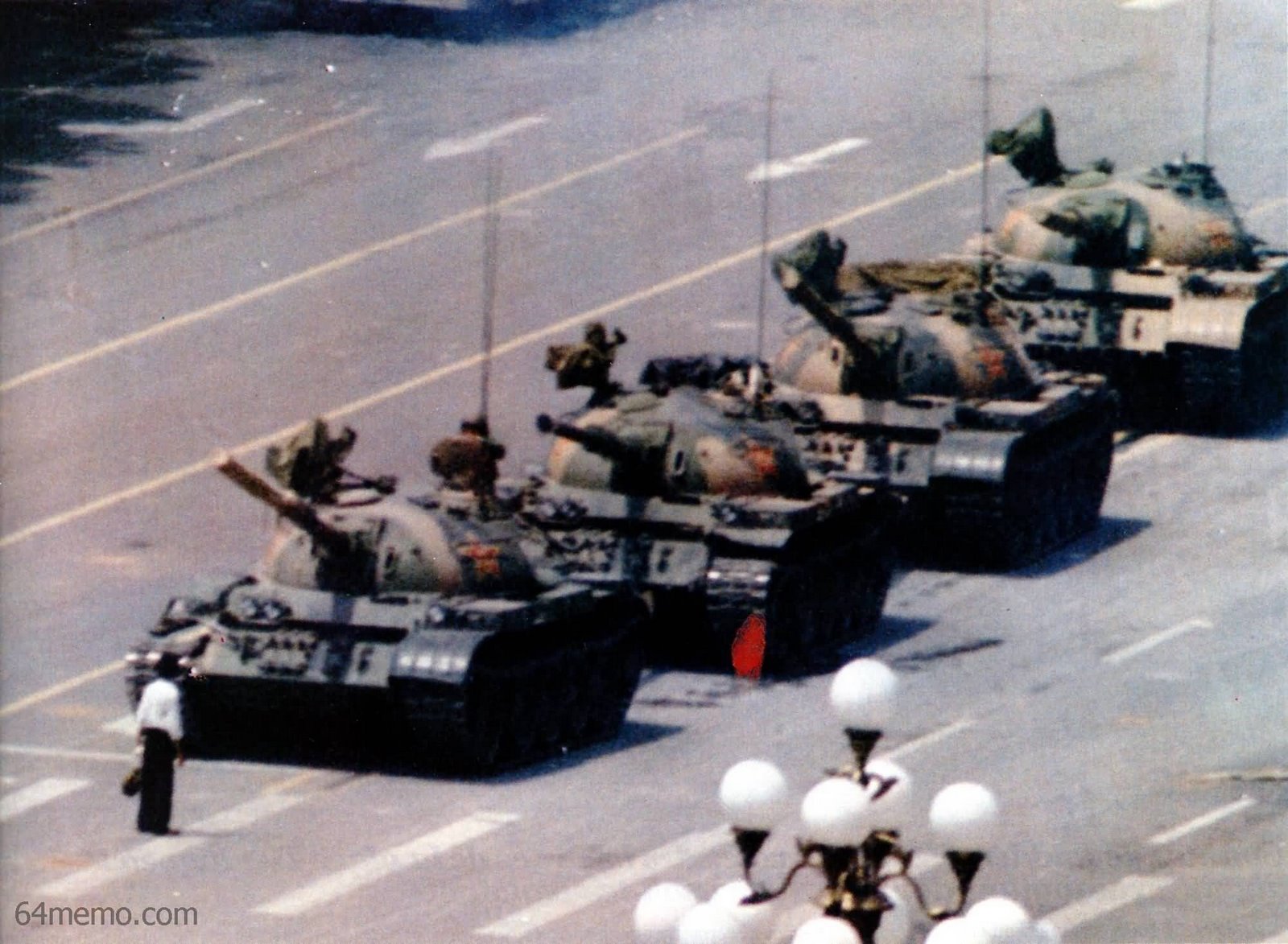
The Anniversary of Tiananmen
4 June 2014 marks the 25th anniversary of the quelling of the demonstrations in Tiananmen Square. The event was a near-death experience for the Chinese Communist Party, which turned its tanks on the workers and students in the centre of Beijing. Even today, the subject is taboo in China itself; the subject is never discussed, and when mentioned (rarely), it is captured in the vague term “turmoil.”
Yet the event still haunts China today. It haunts China’s reputation. Because the subject has never been discussed, debated, or mourned, it still stands as a central point in the critique of China’s government around the world. However much China’s economy grows, its education system changes, its international standing increases, the “memory hole” in the centre of its contemporary history remains and can always be brought up as a criticism – as long as China refuses to deal with this most traumatic event in its recent past, it cannot fully engage with a world where openness, transparency, and connection is so much more important than it was even in 1989.
One small step for a Chinese, one big step for China. Is the space race really a sign of China’s new confidence?
When westerners think about China, the concept that springs more and more to mind is modernity. This seems surprising when one looks at the statistics – after all, the developing middle class, an indicator of a more urban and modernizing society, is still a minority (perhaps 300 million of China’s 1.3 billion population), albeit a fast-growing one, and China remains a very poor country in terms of per capita GDP, as well as substantially rural. Yet in other areas, it’s clear that China is placing itself at the forefront of our understanding of what it means to be a modern state. One iconic area in this regard is space technology: the Chinese Shenzhou programme of space exploration seems particularly daring …










